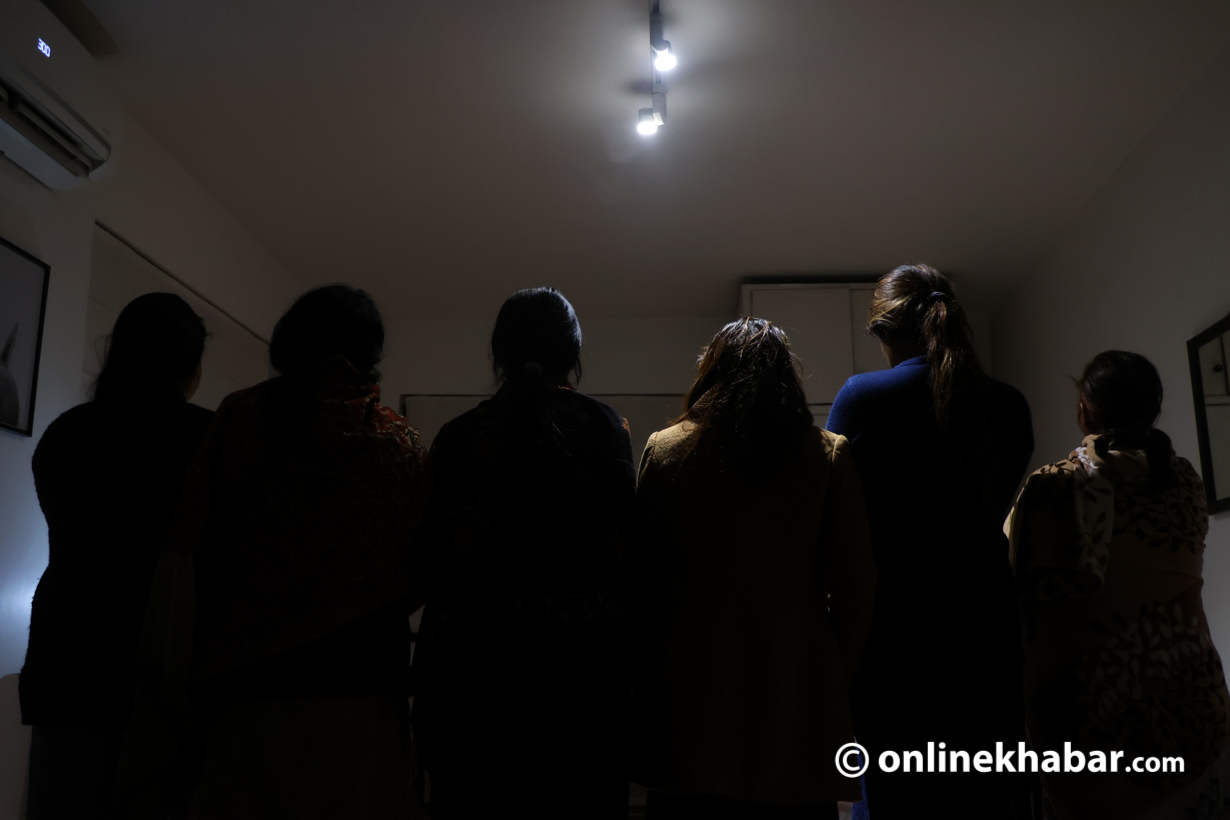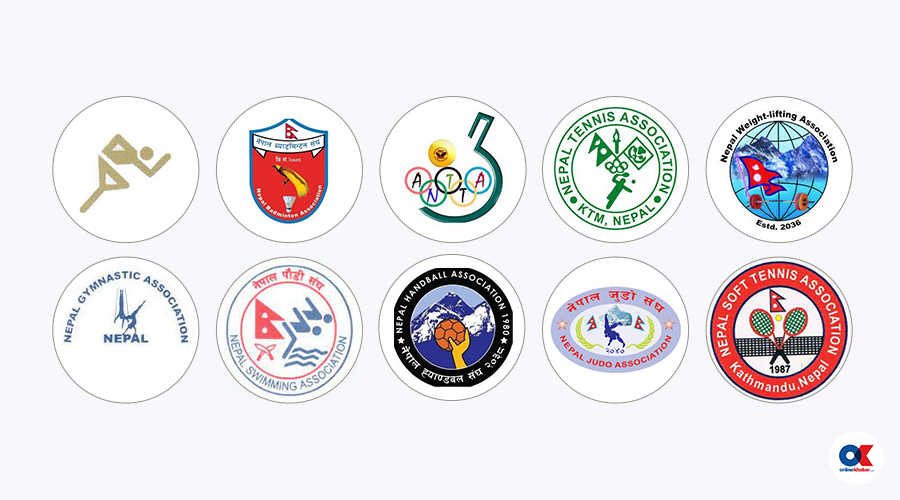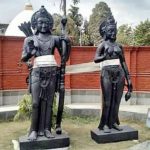
When Onlinekhabar approached Chief Election Commissioner Ayodhee Prasad Yadav for an interview recently, he said, “We are working like patients admitted to an intensive care unit. If the government fails to provide us with sufficient oxygen, which is election laws for us, we will be forced to declare that it is impossible to conduct polling on November 26.”
The commission, under Yadav’s leadership, is faced with a tough test of completing three types of election, each with a new structure and rule, within a single year. Currently, it is preparing for local level elections in Province 2 scheduled for September 18, and provincial and federal polls scheduled for November and December.
In this context, Onlikhabar’s Matrika Paudel had a conversation with CEC Yadav about various aspects of poll preparations:
You seem quite stressed, sir!
This year has been the ‘year of the war’ for us, the war of elections. I am working every day and night for the elections. The deadlines are approaching and I am worried about meeting them.
Why are you worried, because the government must have supported you quite well?
Yes, but the government has not been able to provide as much support as we had expected. We have few days to work. Yes, we have 75 days before November 26, but there are big festivals of Dashain and Tihar in between. That means we have fewer working days. The government has not been much cooperative in considering this fact.
We had demanded the report of the constituency delineation by mid-August, but the government could not provide it. It has not provided laws related to elections of House of Representatives and provincial assembly yet. We have already sent the draft of a bill on the elections for the national assembly (upper House), but the government has not responded. We are worried that the failure to deliver laws on time might affect the schedule.
What are challenges of holding the two elections together?
Holding two polls together is very challenging. However, we have said that we can do it provided the government prepares necessary laws on time. We have been discussing using only two ballot papers so that it will be easy to hold both the polls together.
Can you please clarify what do you mean by two types of ballot papers?
We have proposed that we use a single ballot paper for the first-past-the-post (FPTP) system for both provincial assembly and House of Representatives. Likewise, another paper will be used for proportional representation (PR) system for both the bodies.
As many as 95 political parties have applied to contest the polls. The parties that submit their closed list of candidates for the PR category will get their place in the PR ballot paper and it will be the same for all constituencies in the country.
However, votes will be counted differently for each province so that the seats of provincial assembly can be distributed accordingly. Finally, the number of seats in the federal House of Representatives under the PR category will be determined for each party after accumulating the votes from all provinces.
The House of Representatives will have 275 lawmakers: 165 elected under the FPTP and 110 under the PR system.
On the FPTP side, the ballot paper has two columns, one each for provincial assembly and House of Representatives. As you used the ballot with seven columns in last local level elections, you will have two columns to elect lawmakers at the provincial and federal level.
Don’t you think it will create any technical problem?
We do not have any other option. We have already reached consensus with the government, and top leaders of major political parties for this system because it will be easier. Otherwise, holding two polls together will not be possible.
When will you ask the parties to submit closed list for provincial assembly and federal House of Representatives?
As the polls for both the legislatures will be held on the same day, we will ask the parties to submit closed lists for both the bodies together. We will ask for the list soon as the deadline for party registration has already expired. If we don’t do that, we won’t get time to print ballot papers. We are planning to print PR ballot papers before the FPTP ones.
We are currently verifying applications presented by of parties. After completing this task, we will call for the closed list. We will issue a notice before Dashain calling them to submit the lists as soon as Dashain ends.
So it seems the Commission needs to invest more in voter education this time?
We are making plans for voter education programmes. We are thinking of continuing the education campaigns during Dashain and Tihar as well. We will mobilise political parties and other organisations too. Yes, it is difficult, but we have to do it.
What will be the order of election symbols in the ballot?
The laws on elections are yet to be finalised by Parliament, but we have proposed to continue the existing system that the symbols are put in the order of PR votes the parties got in last parliamentary elections. Recent local level elections followed the same practice.
But, many parties have announced unification or have split?
We are working on it. We are categorising parties represented in the current Parliament. Then, we will think about new parties.
Another option could be following the alphabetical order. Whatever the system we choose all parties which will submit the closed list will find their place in the ballot.
Will the local level elections in Province 2 have any bearing on preparations for the upcoming polls?
The Province 2 elections are just a continuity of May 14 and June 28 elections and we have already prepared human resources and logistics for that. The ballot papers have already been printed and we are at the last stage of printing voters’ list and identity cards.
Meanwhile, the government has recently transferred the secretary of Election Commission. What is your comment on it?
It is unfortunate. We have requested the government not to transfer our staff as we are heading towards significant elections and it affects our work. The biggest challenge I have been facing these days is lack of cooperation from the government. Likewise, parties are also not serious about implementing the code of conduct.























